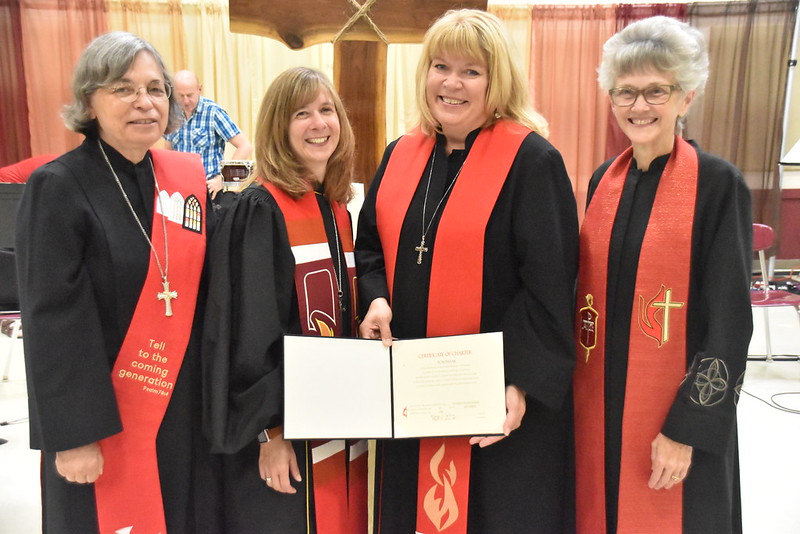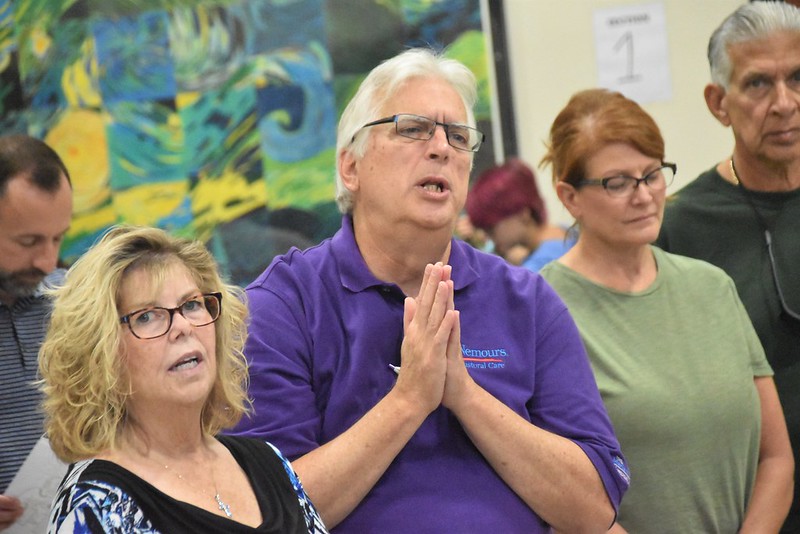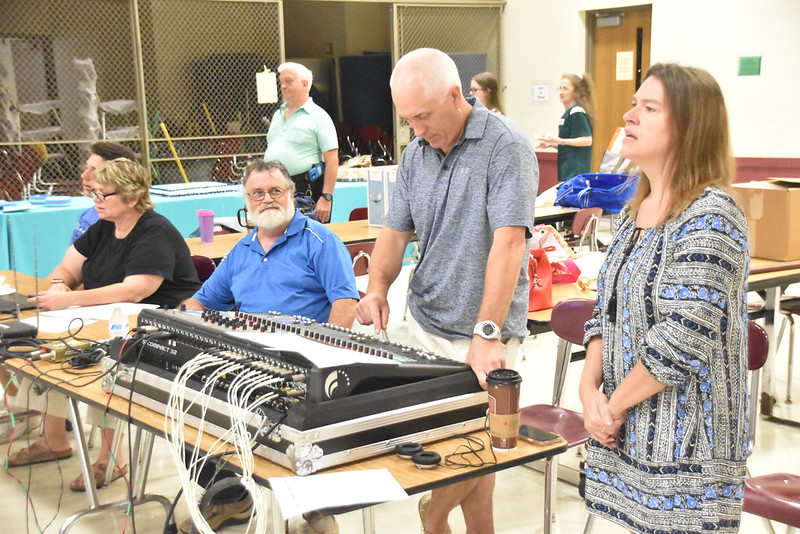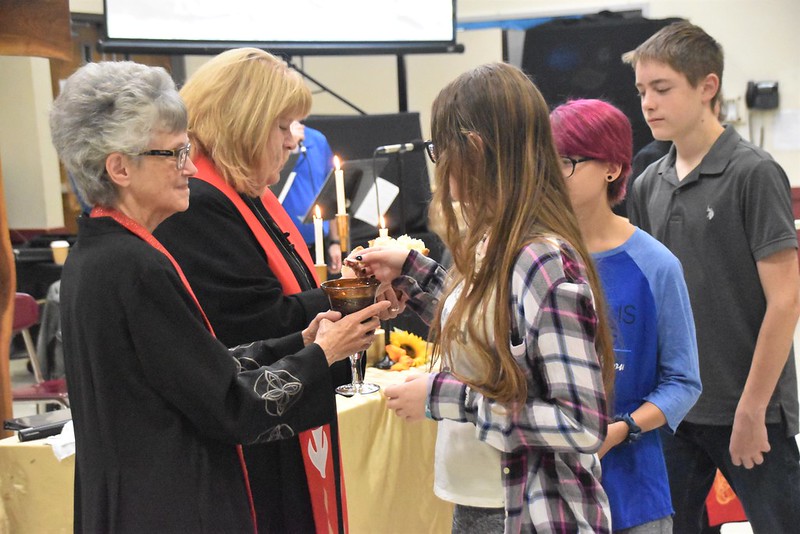
We focus on meeting people where they are. We look at the people God has led to this church and ask what their needs are and how the gospel can speak to what matters to them. People are worried about paying their bills or their children making poor choices or how to be a good parent or they feel lonely or are concerned about their future.
When I ask people what drew them to NorthStar and why they returned, here are the most common answers:
- They liked that we were in the community helping others and not just focused on ourselves—even if they weren’t so sure about church or God initially, they wanted to help others; so the serving drew them to church (that was essentially the ‘front door’ for many) and learning about Jesus came later
- When they met us at community events, we were kind and friendly and helpful—and they could see we were real,, everyday people
- When they came, they felt accepted and found a family/ community who was there for them
- It was a place where their children could be involved in all aspects of church life, use their gifts, and mature
- The messages were relevant to their everyday life

Everybody has something. The gospel message is relevant to all of these concerns but people often don’t make that connection. That is especially true for people who haven’t been involved in church in the past. So we are very intentional about making the gospel relevant and about practical applications of the Bible, which was also a hallmark of John Wesley. This comes through in the sermons as well as the ways we serve in the community and the ministries in the church.
Also, when we talk about serving opportunities or small groups or community outreaches, we are very intentional about communicating how these activities help us grow in our faith. For example, we might talk about how a specific activity follows the example of Jesus and we will share stories of how that activity impacted someone else–how it grew their faith or how they were blessed by it. We don’t assume that people will automatically care about what the church thinks is important.
In addition, having large numbers of people not previously involved in church has pushed us to look at growth and discipleship from different angles. Rather than have the primary focus on what happens on a Sunday morning, (e.g., worship attendance–which is still important), we look at engagement–the ways are people taking steps to become more involved in ministry. For example, are they now serving with our youth group or have they gone from serving 1-2 times a year to serving monthly, or did they participate in a small group for the 1st time, or are they willing to take on leadership for an outreach, etc.

We look at each step that a person takes as a ‘win’ and try to be patient, remembering that we are there to provide opportunities and encouragement and support but it is the Holy Spirit who causes the growth. Given the nature of our congregation—very active with school age children or college students and not having a habit of church attendance–we have found growth in engagement to be a more helpful gauge of church health and growth (along with giving) than Sunday morning worship attendance.
We have people who are not at worship very much on Sunday mornings due to family commitments–whether that is going to see grown children who live out of town or because of younger children involved in sports or other activities—but who are very actively engaged in other ways. They help plan special children’s events or various outreaches or serve faithfully at different community events. We respect people’s choices and help them to see that loving their family and being there for their family in whatever form that takes is also honoring God.
We are also looking at ways to facilitate spiritual growth outside of Sunday mornings. For example, we are experimenting with providing tools for parents to have faith conversations with their children while they are driving to a sporting event on a Sunday morning as well as having videoconference Bible studies which allows adults who are already time-strapped to participate without the extra stress of one more place to be at a certain time.

We have prioritized being a blessing to our community, the school we meet in, and everyone we come into contact with from the very beginning so it is part of our DNA. I think that has been a major factor in our growth and has helped shape who we are.
Only about 25% of our congregation have been regularly involved in church as an adult.
So 75% are people who were previously (before NorthStar) disconnected from church. Some of those 75% never went to church in their lives. Others had some church experience either as a child or many years ago in their adult life, but never anything regular.
Our philosophy is that if people attend, they belong here. For a fair number of attenders, especially those who did not grow up in church (over half the congregation), official membership is not something that is important to them. At the same time, for others, joining now was a step on their spiritual journey and a chance to publicly affirm a covenant they had already made in their heart.
